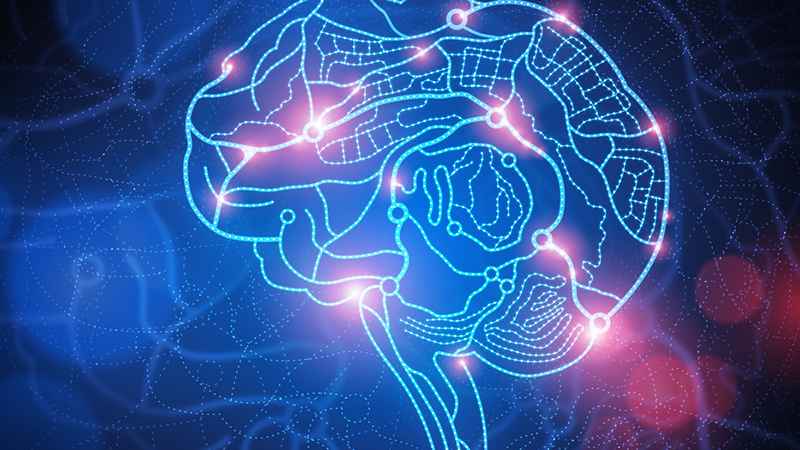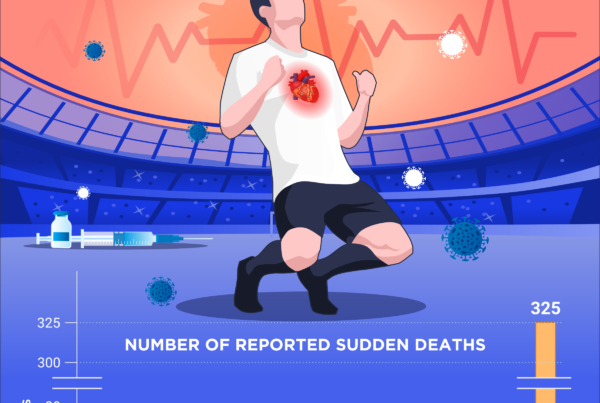
The yin and yang of water and hydration
First we’re told to drink lots of water because we dehydrate easily. Then we’re told too much can cause water intoxication and can even be deadly. It seems humans are the only animals confused about how much water to drink — all others drink when their bodies need it.
Certainly, to understand balance we sometimes must experience the extremes. This seems to apply here in our journey to better understand just how much water we should drink for optimum health and performance. The answer, of course, is that our needs are quite individual, so no one rule applies. Unfortunately, in our cookbook society where people demand precise, one-size-fits-all recommendations, this becomes a difficult task for many and could lead to potential poor health and fitness.
The topic of optimal water intake has been covered in various books and articles over my career, so this article serves as an update. (See Water Intoxication.)
We know that animals use the physiology of thirst to dictate when and how much water to drink. Needs for hydration change frequently, especially with physical activity and in environments with increased temperature and low humidity. Thirst is regulated by the brain with constant information input from the body regarding water requirements. This brain-body mechanism is key to the ability to effectively manage water balance.
In addition to the body’s overall need for water, the brain also has its own hydration needs. The body may tolerate water loss and function well — some athletes perform well even with several percentage points or more loss in body water due to dehydration. The brain, however, is much more sensitive even to very small fluid losses.
The brain is the first part of the body to show subclinical signs of dehydration, which comes in the form of cognitive impairment. This dysfunction also coincides with the onset of thirst. A recent study (Am J Clin Nutr 2016;104:603–12) demonstrated that brain dysfunction can occur with less than a 1 percent loss of body weight as water — and even with as little as .22 percent — which can be achieved just through sedentary perspiration. This range, in a 140-pound person, for example, is between 1.4 and 0.3 pounds. Some brain functions affected by these very mild forms of dehydration include:
- Memory
- Attention
- Mood
- Alertness
- Depression
- Anxiety
Adverse effects on the brain can occur quickly, and consuming small amounts of water can rapidly correct these dysfunctions.
Anyone from young to old can easily experience impaired brain function with minimal fluid loss. This is particularly the case when people are out and about during the day or evening — spending time in a car, train or plane, students at school or executives busy with work-related activities. Many people get dehydrated because they purposely minimize or avoid drinking knowing they’ll have to find a place to urinate if they drink water.
Other studies demonstrate issues related to minor dehydration:
- The cognition of children and their behavior in school improved when they were given water.
- The problem is also quite evident in the elderly, whether a “senior moment” or the appearance of ongoing cognitive dysfunction commonly associated with many individuals. People over the age of 65 years are less likely to sense thirst, and require longer times to rehydrate. Water regulation plays an important role in dementia, including Alzheimer’s disease, with studies in these individuals showing that half had reduced water intakes
- One obvious problem with brain dysfunction of this type is reduced quality of life. And because attention, alertness and other factors can be impaired with minimal water loss, reductions in driving performance can be significant. An overall increase in human error would be expected.
A healthy brain and body better regulates fluid, along with sodium and other electrolytes. Impairment of water regulation can be instigated by the accumulation of physical, biochemical and mental-emotional stress. In this situation, maintaining water balance may become a difficult task. Therefore, improving overall health is a priority for proper hydration.
Here’s what you can do:
- Be healthy — balanced hormones in particular, help regulate hydration.
- Thirst is usually acute enough to sense a water loss of less than 1 percent of body weight. Learn to listen to your body and drink when you sense thirst.
- Even a sip of water can have a positive effect on brain function — as can just rinsing the mouth with a sip.
- Avoid drinking predetermined amounts of water — especially those traditional recommendations, some of which originated from an industry selling sports drinks and other “hydration” products.








